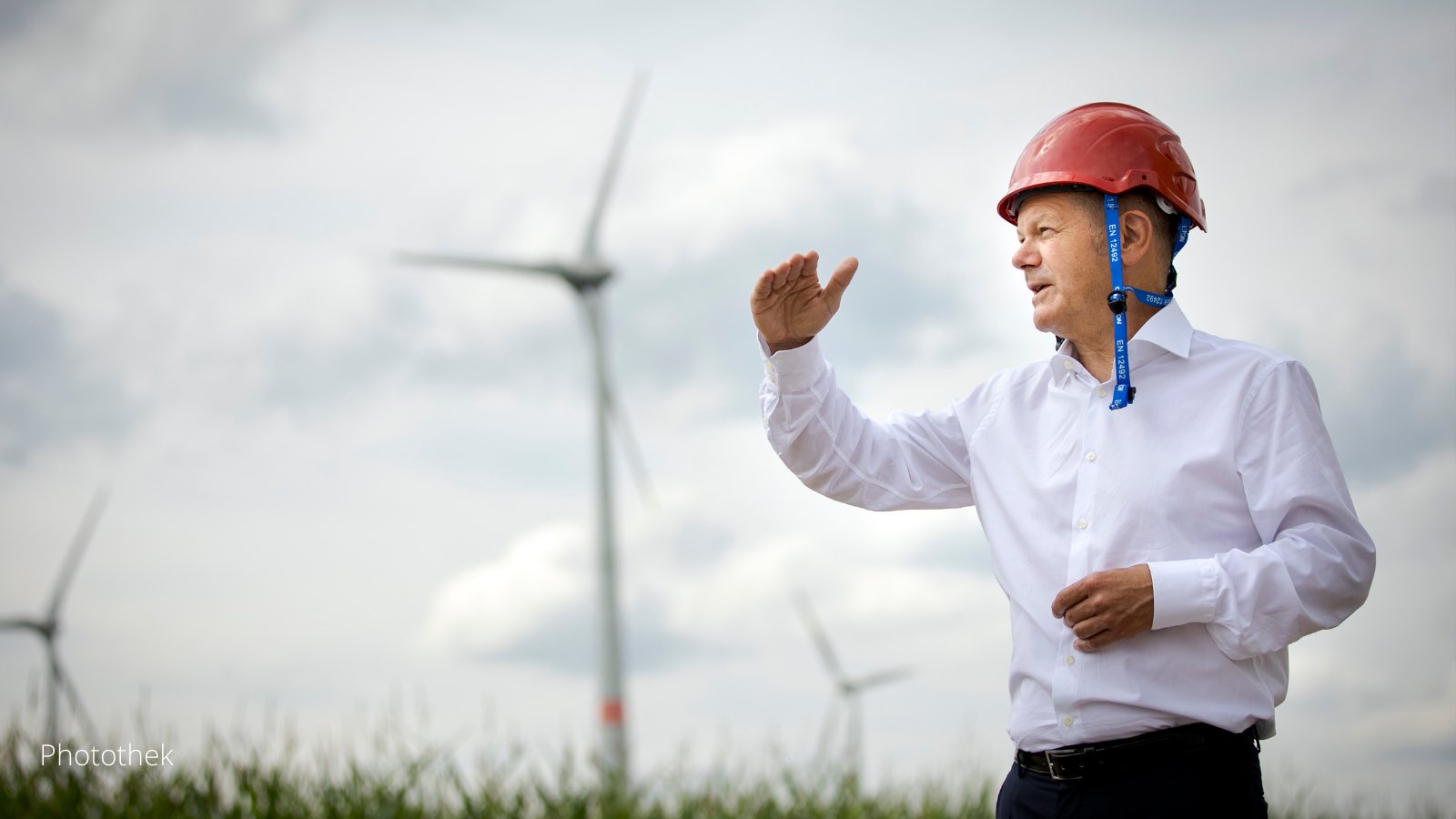What will change in the economic relations between Germany and China

The German government wants to avoid repeating with China the mistakes of commercial dependence committed with Russia. Second part of Pierluigi Mennitti's study on Germany-China relations
After Russia's attack on Ukraine, several alarm bells rang out in the quadrilateral of Berlin's political power. The close relationship with China, Berlin's first trading partner (246.1 billion according to 2021 data) ahead of the Netherlands and the United States, can lead to dependencies in some key sectors such as raw materials linked to the ecological transition and mobility , as happened with energy for Russia. The international situation no longer plays in favor and the perimeter of free exit which Germany enjoyed after 1989 has narrowed. In Berlin we will be wondering who blew up the Nord Stream pipes, perhaps cutting the Russian-German umbilical cord forever.
THE RUSSIAN LESSON REFLECTED ON CHINA
Here: what would happen if the communist regime in Beijing attacked Taiwan? German companies would risk being subjected to the steam roller of sanctions, with far heavier consequences than what happened with Moscow. Given the 5,000 German companies present in China, including giants like Volkswagen , the question is whether the Asian superpower has already become too important for Germany.
At the political level, there has been some timid repositioning. Until the outbreak of the pandemic, Angela Merkel had traveled to the Middle Kingdom accompanied by strong delegations of entrepreneurs almost once a year. A commuting that was a clear signal of where Merkel's Ostpolitik was aiming, supported by the Committee for Asia and the Pacific of German entrepreneurship which hoped for ever closer cooperation between Berlin and Beijing in the shadow of the suggestions along the Silk Road .
There had been some initial cooling down with the inauguration of President Xi Jinping and with his more aggressive course in domestic and foreign politics: already under Merkel there had been a gradual cooling of enthusiasm, with ever more careful monitoring by of Berlin on Chinese acquisitions and investments in Germany.
THE CHANGE OF COURSE WITH THE GREEN TO THE GOVERNMENT
But it is with the entry of the Greens into the new Semaforo government (from the color of the three parties that make it up) that the music towards Beijing changes. Human rights violations in China have come to the fore over economic interests. The economy ministry has already fired a warning shot at companies when it rejected four Volkswagen requests to extend guarantees on state investments in China's Xianjing province, citing the persecution of the Muslim Uyghur minority. With a team effort, Foreign Minister Annalena Baerbock didn't mince words in a meeting with entrepreneurs: "We cannot afford, and I believe that neither can you, the principle of acting once again only according to the business creed. first, without taking into account risks and long-term dependencies ”.
MORAL SUASION BY HABECK AND BAERBOCK
According to information released by Reuters, for weeks the Ministry of Economy has been examining in confidence a whole series of measures to persuade companies to turn to other Asian states instead of China. For example, state investments and export guarantees are being considered, the agency wrote.
KfW, the state-owned investment bank equivalent to Italy's Cassa Depositi e Prestiti, is also considering reducing its China program and offering businesses more loans for businesses in other Asian countries, such as Indonesia. Smaller programs, such as trade show promotion or manager training with China, are also being revised. There are informal indications from Habeck's ministry to companies that some events with China are no longer desired. According to government sources, the German government aims to impose reciprocity on China, a request made by the business community for years: the same conditions for foreign companies in China and for Chinese companies in the European Union.
The hard line towards China, now also espoused by Scholz's Social Democrats, enjoys cross-cutting support in the Bundestag. “The growing dependence of strategically important sectors of the German economy on the Chinese market is not a problem for private companies. In the event of a conflict, China can use this addiction as a weapon against us, ”said Norbert Röttgen, a foreign policy expert from the CDU recently.
The Chancellor himself sent a signal of rupture, deciding to make his first trip abroad to Asia in Japan and not China in May and offering Tokyo the main dish of German diplomatic relations, consultations between governments ( Regierungskonsultationen ) which will start next year.
ENTREPRENEURS IN SEARCH OF SAFER MARKETS
But something is also moving on the entrepreneurial front. According to a report by the Ifo Economic Research Institute, 45% of German companies linked to Chinese supplies would like to reduce their dependence and rely on other safer markets. Wholesalers (44%) and retailers (55%) would like to do the same. Among the reasons: desire to diversify, increased transport costs, political insecurity. The bottlenecks in supply chains suffered with the onset of the pandemic and aggravated by the Chinese government's “zero Covid” policy have opened our eyes to the risk of linking our destinies to those of Beijing. The Russian war in Ukraine then awakened the attention of German entrepreneurs to the geopolitical risks.
A few months ago a report from the Federal Academy for Political Security appeared on the government table, warning about China's dependence on raw materials. The advice: the issue must become a decisive component of the new national security policy.
(2.end; the first episode can be read here )
This is a machine translation from Italian language of a post published on Start Magazine at the URL https://www.startmag.it/economia/germania-cina-ripensamento-relazioni-commerciali/ on Sun, 23 Oct 2022 06:45:51 +0000.
